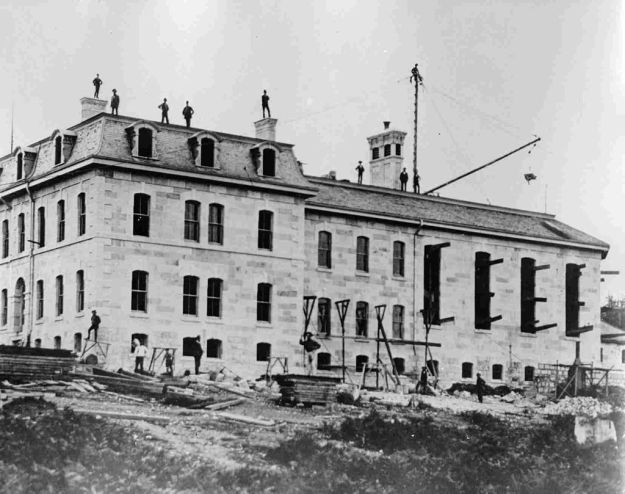Hailey Venn
This post has been cross-posted with the Network in Canadian History & Environment.
Jeopardy is a popular request from students who want an in-class review activity, but Jeopardy has some critical drawbacks. First and foremost, it asserts that there are right and wrong answers which can be condensed into minimal words. Jeopardy, by its very foundation, discourages nuance and critical thinking. It also prioritizes knowledge which is traditionally pale, male, and stale. Second, from a labour stand point, the game demands a tremendous amount of work from the professor or TA who creates it, while those who answer the questions are not compelled to demonstrate significant knowledge. There must be a better way.

The original Cards Against Humanity game is simple. Each round, one player asks a question from a black card, and everyone else answers with their funniest white card. Cards Against Environmental History (CAEH) follows this same format.
Origins
A few years ago, Leah Wiener, a PhD candidate of SFU’s Department of History, assigned Cards Against Environmental History (CAEH) to the third year class she TA’d. The basic rules exactly followed those of the original Cards Against Humanity.
As a student in that course, I really appreciated the creativity of the exercise and how the structure demanded that students go back and look over their materials. Wiener’s format demanded that we all contribute [x] number of black and white cards on cue cards. To this day, that is one of the few review exercises of my undergrad which I distinctly remember, and quite fondly at that.
During my first TAship in fall of 2017, I was assigned to the same course. Naturally, CAEH seemed like a perfect fit. To modify that version, I assigned each student to review the readings and lecture from one week of the course. While it narrowed the focus of each students’ review, it did ensure that there was little to no repetition of the cards and that the tutorial’s collective batch covered the range of reading and lecture materials. I did not conduct a survey at that point, though students seemed to appreciate the exercise and they performed well on the final exam. Continue reading →






